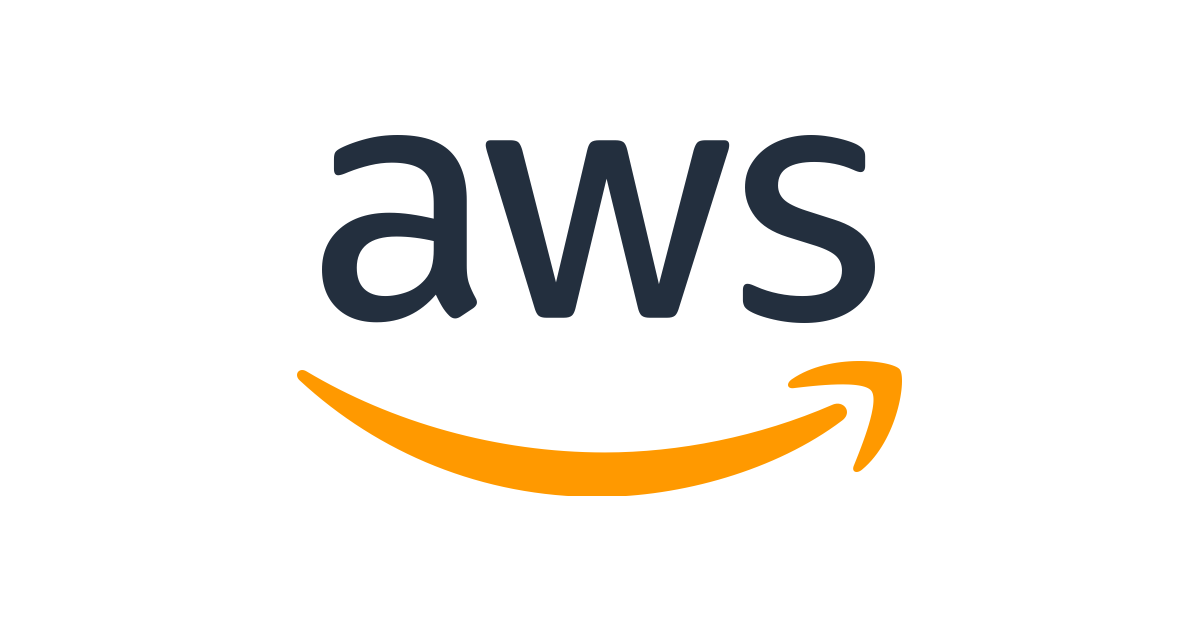Projects to build the skills to get the bills
People ask me the best way to learn a new skill, and how to show an employer that they have a skill during an interview. Usually, they chase certifications for this, but there is a free method that is even better. Build stuff!

Why should I do projects? They don’t make me any money!
Well, that’s the short-term view. If you’re doing projects, you’ll be demonstrating multiple things to prospective employers.
Learning/Demonstrating skills
When you’re building something, you’re gaining new knowledge, or at least proving that you can use skills you already have. It’s a way to have more evidence in your corner that you’re competent at things.
Project Management
Any project, no matter how small requires:
- dividing it up into smaller goals, noting dependencies, requirements, roadblocks etc
- researching things you haven’t encountered before
- Troubleshooting problems
- Documenting your process
Build a portfolio
As I’ve discussed previously, Github is your portfolio that will retain and display your work.
This will mean you have free access to version control, and it’s a great method of displaying documentation.
Then when you’re applying for roles, you can supply your Github profile to show employers what you’ve been up to. It also provides talking points to use during the interview to control the flow of the conversation.
Generate content to build a personal brand for more visibility to potential employers
Once you’ve got this evidence of the amazing skills you’ve learned, you can then get double the benefit from it by using it to make posts/articles online, giving yourself more visibility, better known to employers and recruiters alike.
Projects to give a shot
The 3 things I suggest people learn before getting into the cloud are AWS, Terraform & Python. So I’ll be listing projects focusing on those below.
AWS Projects

The first project I’d suggest is Cloud Resume Challenge. It demonstrates cloud skills, gives you a project, and is another avenue for advertising your resume. https://cloudresumechallenge.dev/docs/the-challenge/aws/
The Cloud Developer Workbook, a resource created by Ryan Lewis for free, as a pdf online. I think it’s a great resource to start small and move up to more difficult things. Get it free here: https://workbook.ryanlewis.dev/
AWS Well architected labs are a great free resource, providing Infrastructure as Code templates along with step-by-step guides to work through a situation to achieve an outcome. Organised by a Well-Architected Pillar, along with a difficulty rating, it’s easy to find something in your area of interest, that aligns with your skill level. https://wellarchitectedlabs.com/
AWS Workshops are recordings of previous workshops run by service experts guiding the viewer through the use to fulfill an objective. These are sorted by AWS service, as well as difficulty level, so finding something suitable is quite easy. https://workshops.aws/
AWS Modernisation workshops are similar to AWS workshops, but usually, the experiences involve using a service external to AWS to integrate with the AWS services. [https://awsworkshop.io/]AWS Hands-on tutorials are step-by-step walkthroughs for achieving something. Whether it’s setting up a database, hosting a website, registering domain names, or constructing something using serverless architectures. Usually targetted towards the beginner levels, and completely free https://aws.amazon.com/getting-started/hands-on](https://aws.amazon.com/getting-started/hands-on)
I find projects are best when my interests align with the project. Here’s one that I set up for my family and friends, a Minecraft server, but completely using serverless technologies. It was a great way to get familiar with ECS, Route53 and Lambda. I’ve since adapted it to other game systems, and I’m currently in the process of rebuilding the manual steps provided using terraform to automate deployment. https://github.com/doctorray117/minecraft-ondemand
Along with your learning examples, one big assist is to find people to walk the path with. 100 days of cloud is a movement spawned from 100 days of code. Somewhere to discuss your progress, issues etc. https://www.100daysofcloud.com/
Terraform

Now terraform, I usually find that just trying to use it while completing other infrastructure projects (like the AWS ones above) will have you learning both at the same time.
If you want to just focus on Terraform, then https://developer.hashicorp.com/terraform/tutorials/aws-get-started is a good start, I usually just recommend people start with a VPC, Subnet, and EC2 instance. Make sure it’s all working with security groups, NACLs and Internet gateway etc.
Python

Python projects are everywhere. Here’s a link to some free short ones, with all of the code so you can see how they work: https://hackr.io/blog/python-projects
I found the projects at the end of the Freecodecamp course to be interesting: https://www.freecodecamp.org/learn/scientific-computing-with-python/
Same with the 100 days of cloud, here’s the 100 days of code. It arose from people trying to learn to code, wanting a community to have along for the ride, and by doing at least something each day, you’re building the habit of coding frequently to continuously learn. https://www.100daysofcode.com/
Now go and build something!
There’s plenty above to sink your teeth into. Give it a shot, and start small for little successes to snowball into bigger ones. Have fun!
